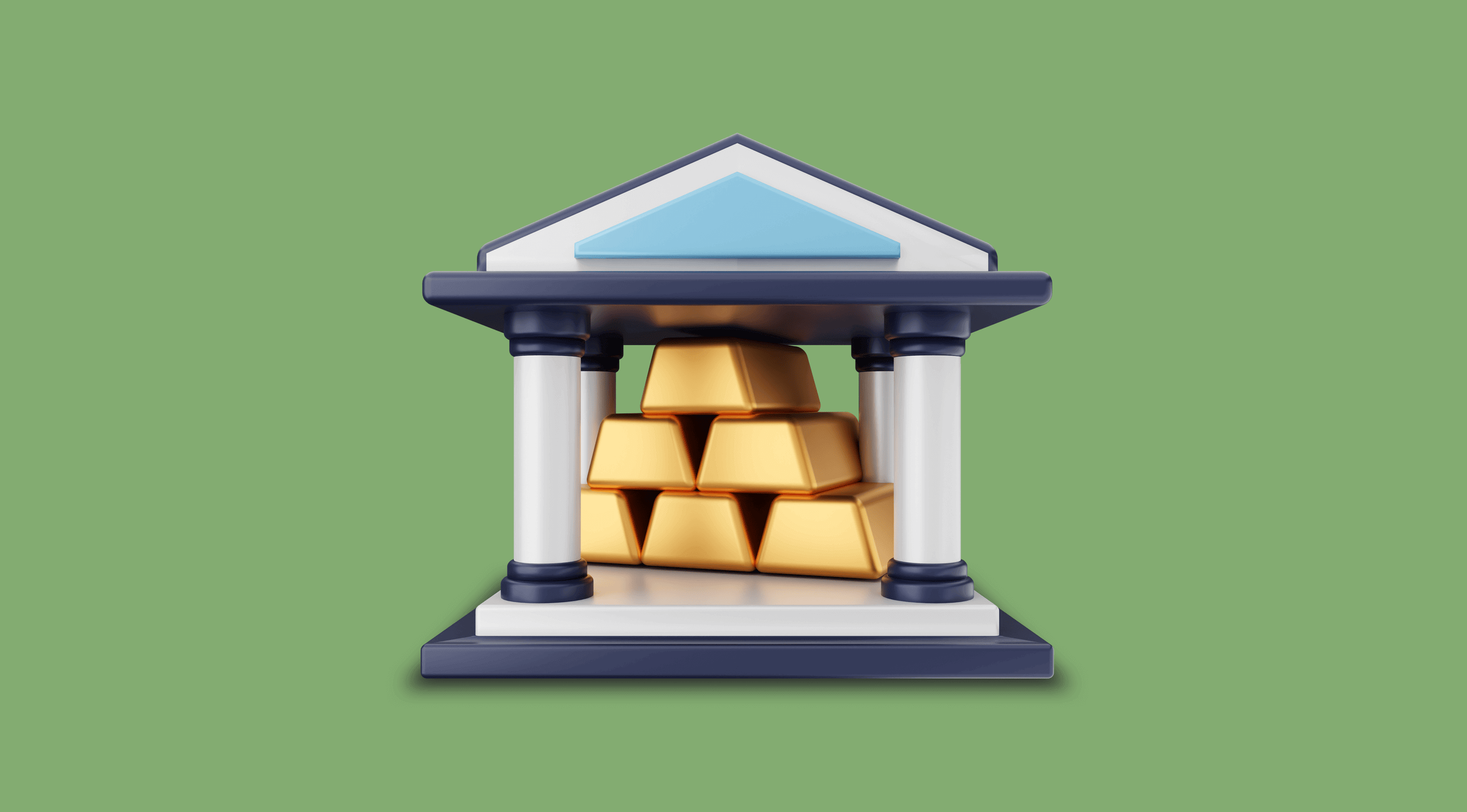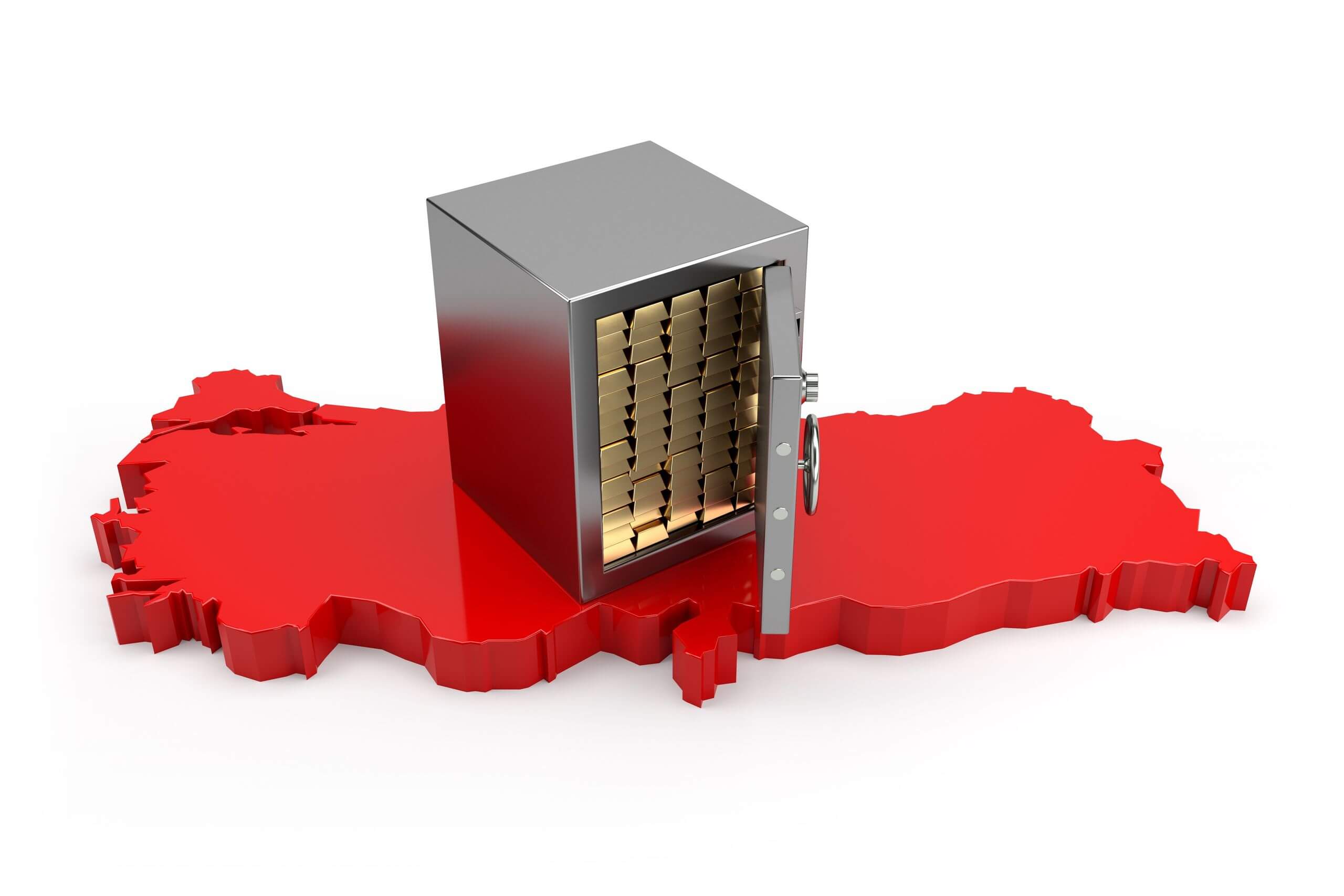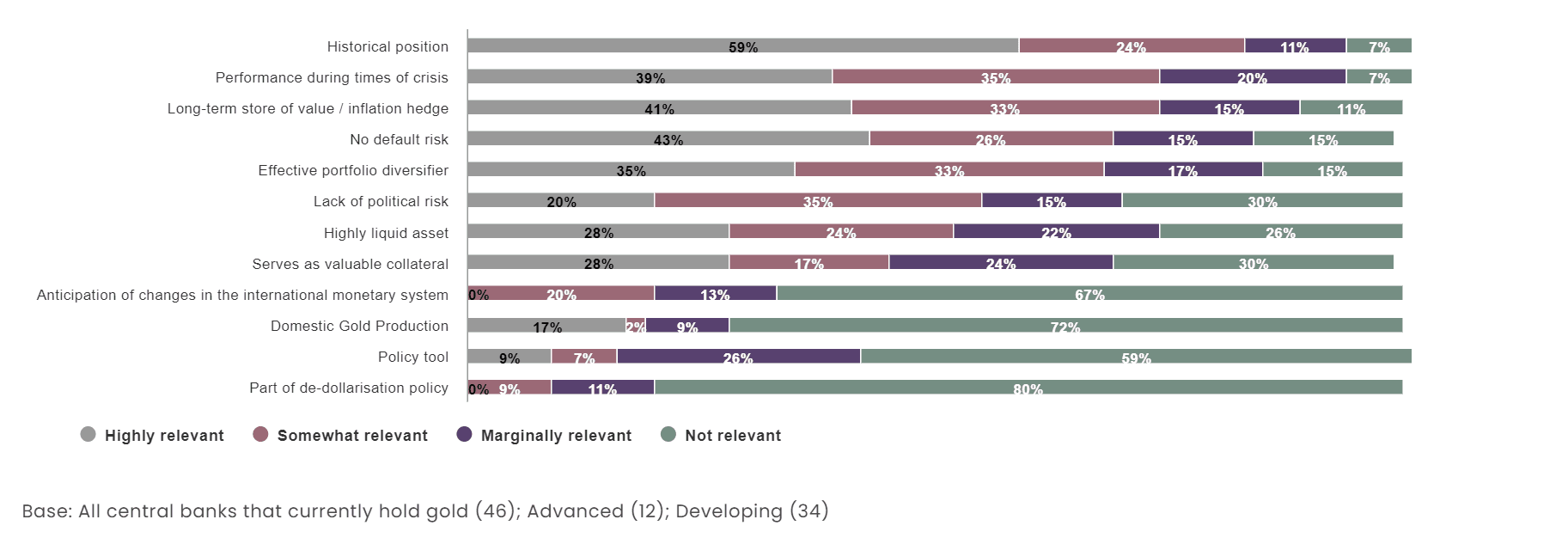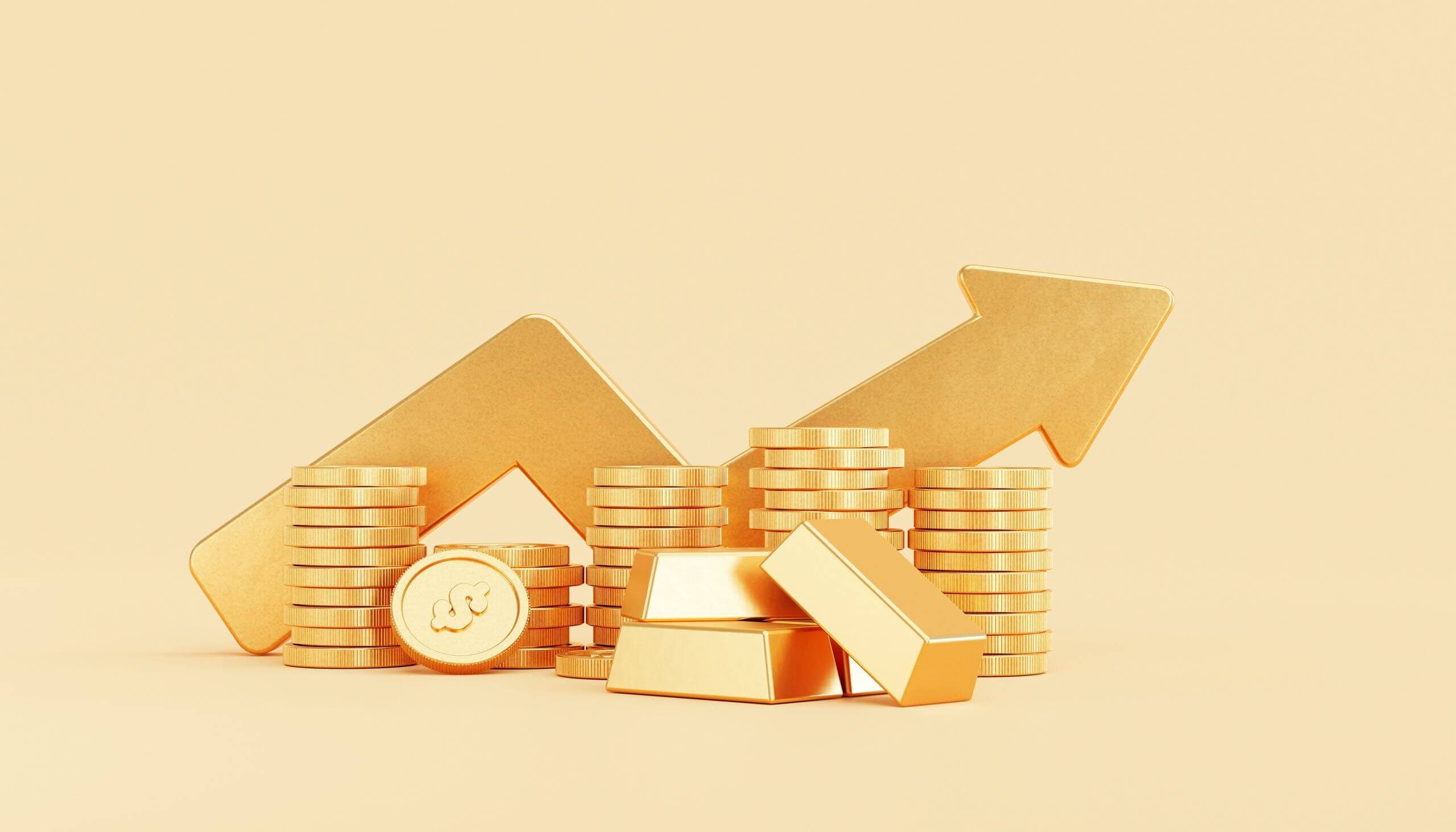Central Banks Buying Gold: What's Behind the Latest Surge?

Are we seeing a new gold rush? Discover the reasons fueling the recent central bank gold buying spree.




Are we seeing a new gold rush? Discover the reasons fueling the recent central bank gold buying spree.


